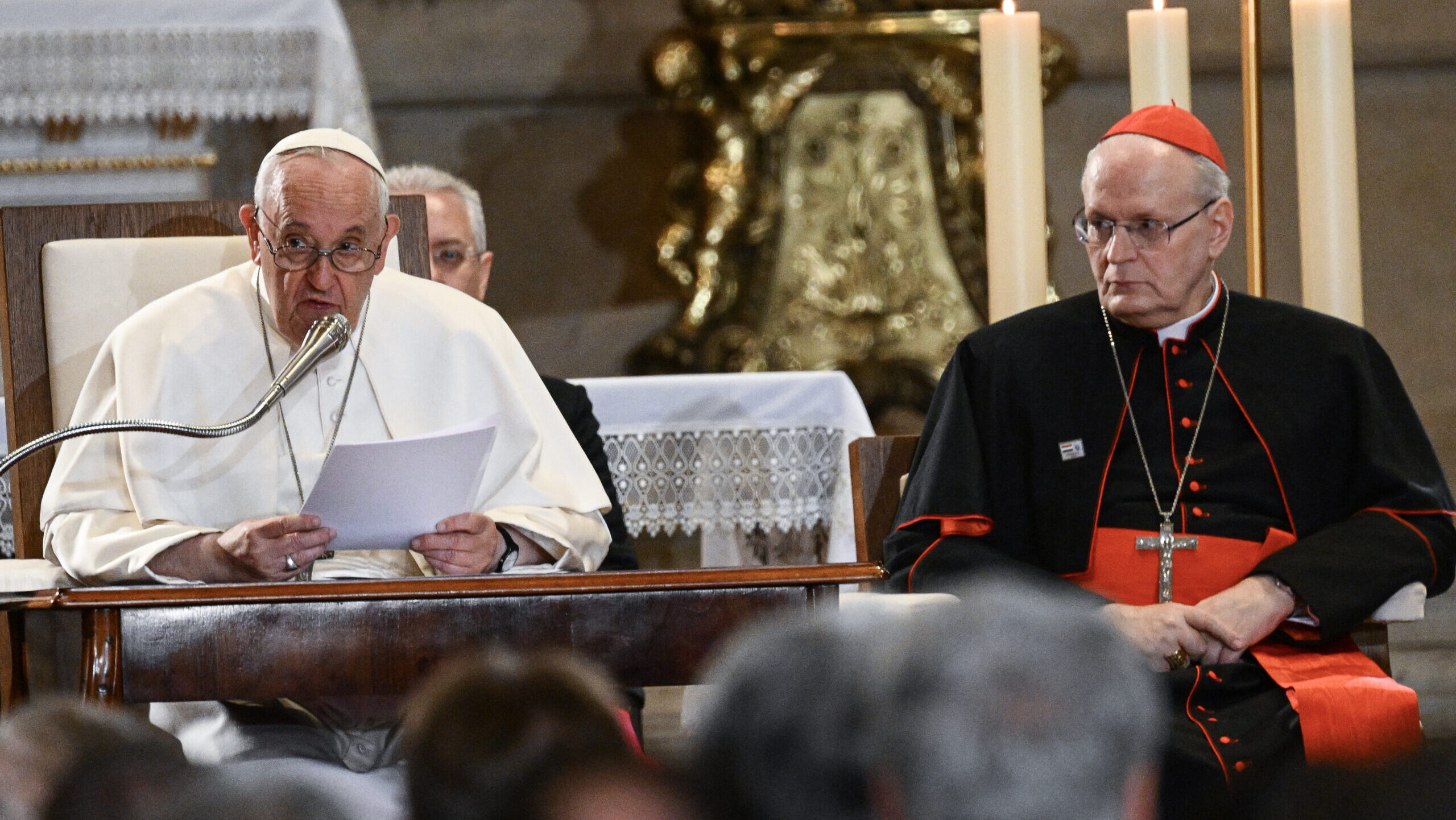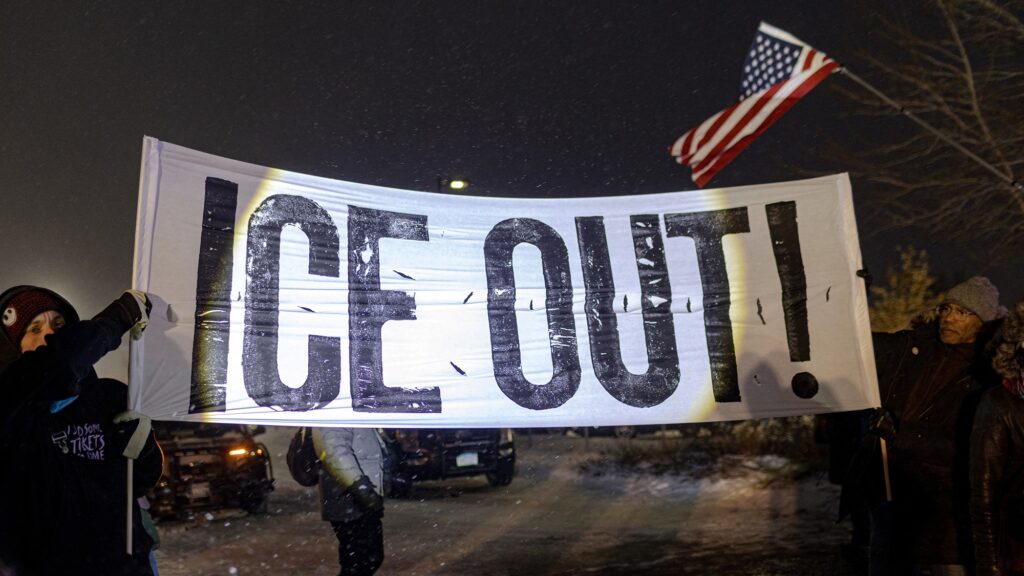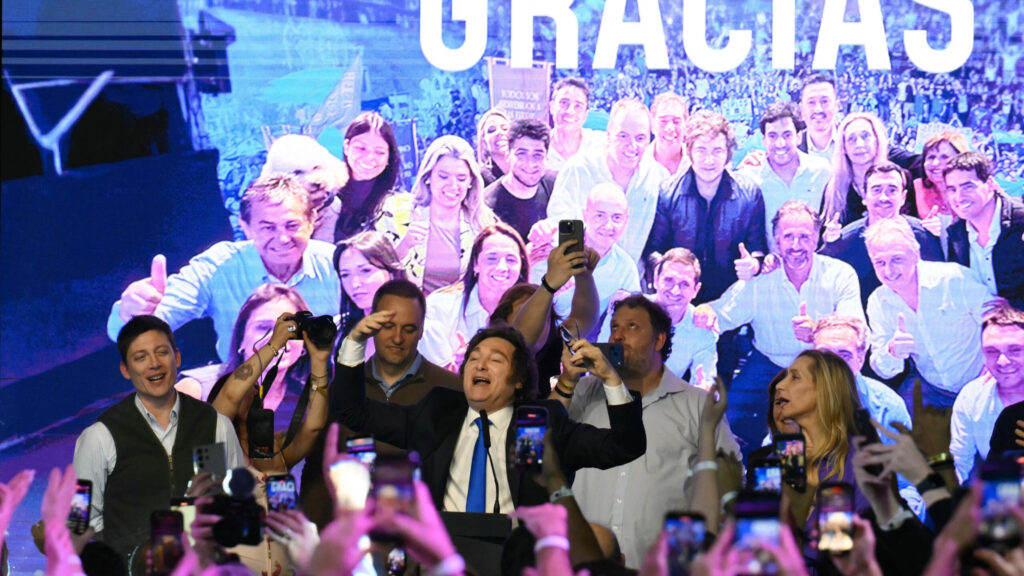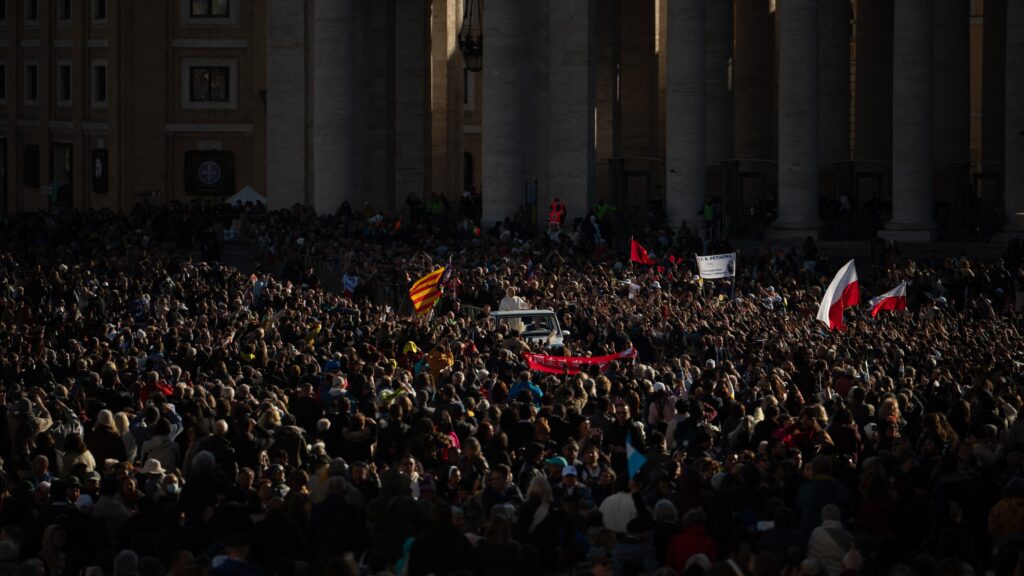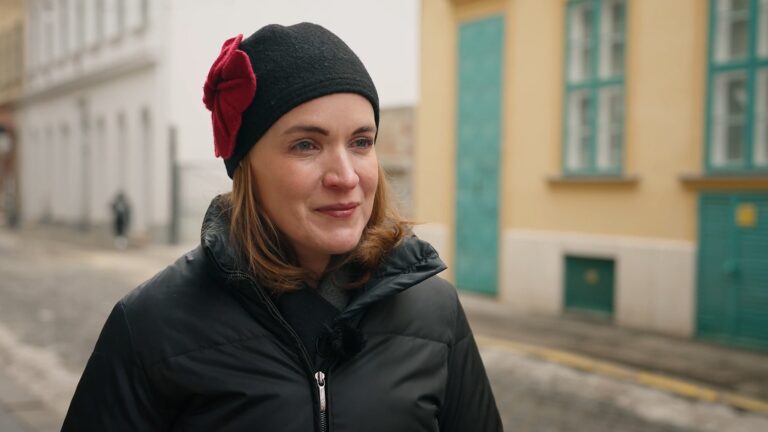Hungarian Cardinal Péter Erdő, previously considered a strong contender to ascend the throne of St Peter following the death of Pope Francis, addressed the public for the first time since the election of Pope Leo XIV in early May. During a discussion at Café Francesco in Budapest on 20 May, Cardinal Erdő shared his thoughts on the legacy of the late pope, his connection to Hungary, and the direction the Church may take in the coming years under the leadership of the first American pope in its history.
As Index reported from the sold-out event, Cardinal Erdő described Pope Leo XIV—Cardinal Robert Prevost—as an intellectual, but ‘not a star-type person’. Regarding the papal name he chose, Erdő noted that it was likely out of respect for Pope Leo XIII, and also because Pope Leo I (St Leo the Great) is considered a role model by the newly elected pontiff.
According to various media reports, the Hungarian cardinal played a key role in Pope Leo’s election. La Stampa reported that a single sentence by Erdő may have persuaded Cardinal Pietro Parolin—the frontrunner in every credible prediction—to withdraw and ask his supporters to back Prevost instead. ‘Your Eminence, I and others would have voted for you, but your Italian brothers are not voting for you,’ Erdő reportedly told Parolin on 8 May.
Cardinal Erdő himself was also viewed as a strong candidate. The prediction platform Polymarket gave him an 8 per cent chance of election, placing him around fourth or fifth among eligible cardinals. By contrast, the site assigned Prevost only around 2 per cent, while Parolin led the field with 33 per cent before the conclave began. According to The New York Times, Erdő received one of the highest numbers of votes on the first day of voting.
During the discussion on Tuesday, Cardinal Erdő reflected on what he sees as the greatest challenges facing society today, stating that exploitation remains a serious concern, alongside rapid technological advancement and the rise of artificial intelligence.
‘This is a problem because hundreds of thousands, even millions, of people may feel useless. And that cannot be good, because “God does not create humans in vain,” so no one can be superfluous.’ Pope Francis, he noted, had also spoken out against the trend of ‘discarding people like garbage’, a sentiment Pope Leo XIV is said to share.
Cardinal Erdő also offered insights into the late Pope Francis’s deep connection to Hungary. He recalled encouraging Francis to return to Hungary following his first visit in 2021, telling him: ‘We are not good, come and fix us.’ Francis returned in 2023, ‘this time with sympathy’. ‘He felt that it was not merely about protocol in Hungary—people genuinely liked Francis, which is why he returned,’ Cardinal Erdő emphasized. One of his most profound experiences, he added, was encountering many Eastern bishops in Budapest, which reinforced his conviction that Hungary is a country of faith.
He explained that Francis had a particular affinity for the margins and recognized that Hungary, too, lies on the periphery—on the eastern edge of the Western Church. Erdő said he respected the pope’s openness, how ‘he evolved before our eyes, embraced new experiences, and listened to people.’
Related articles:

